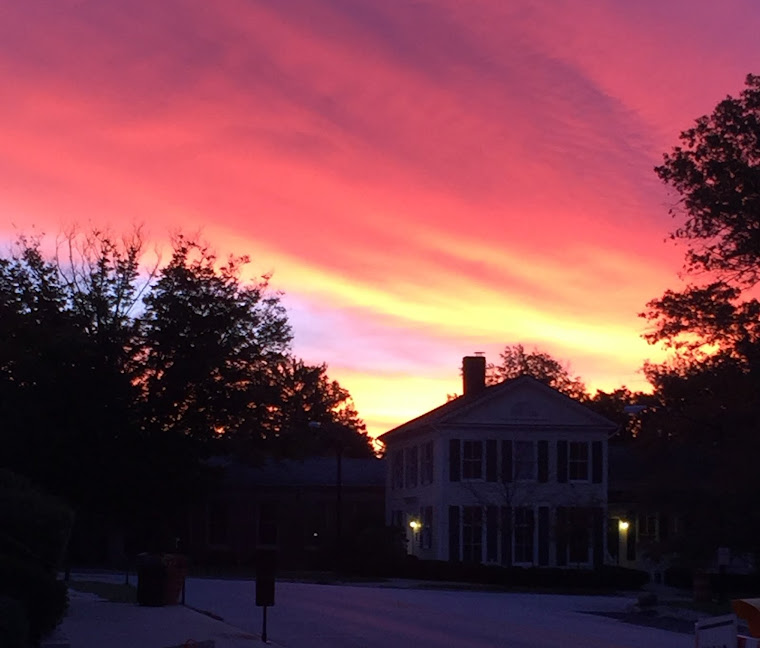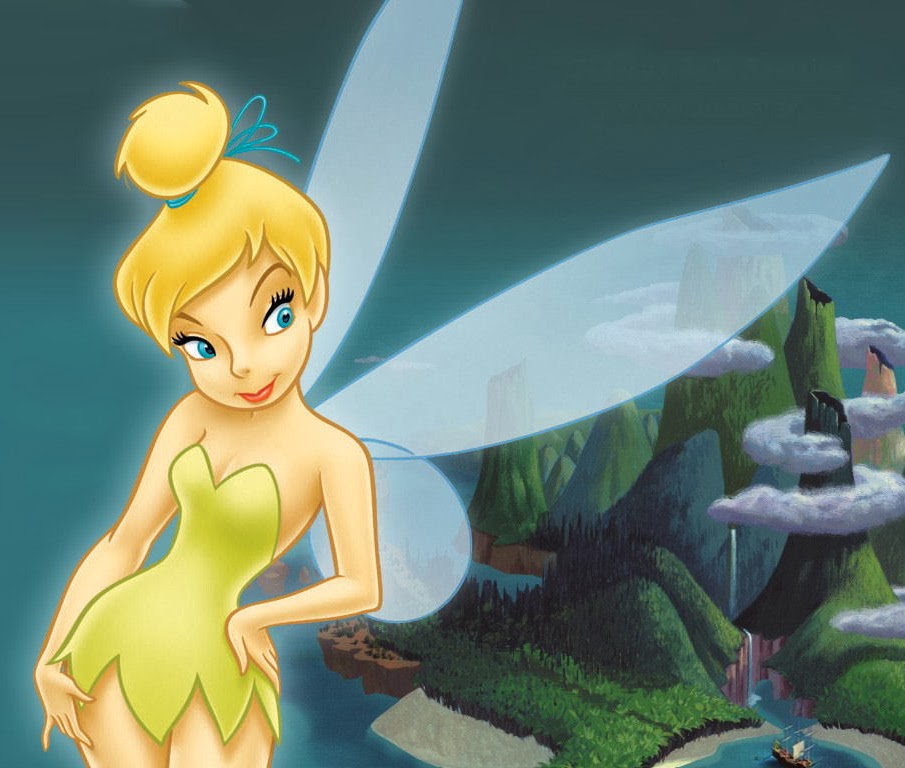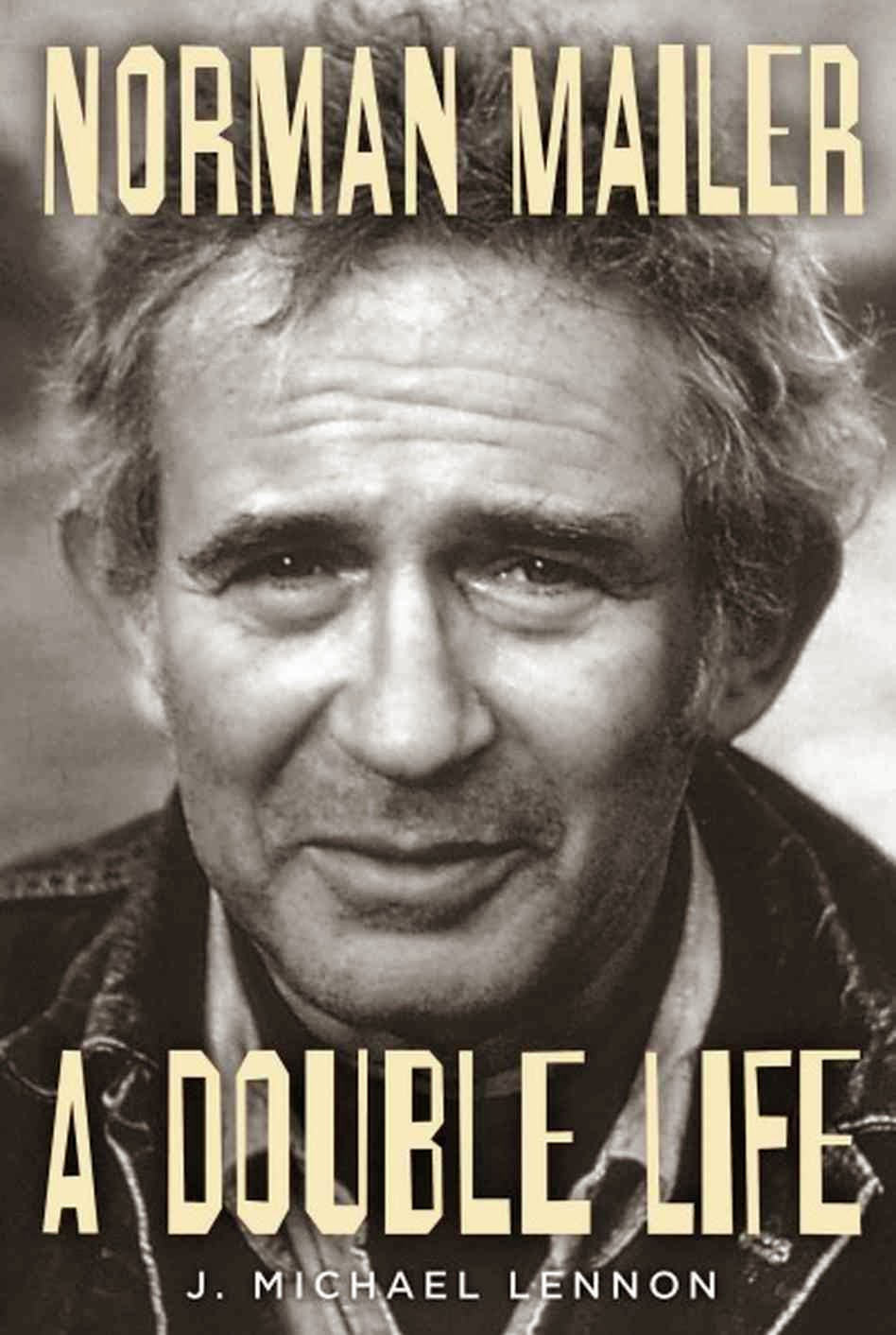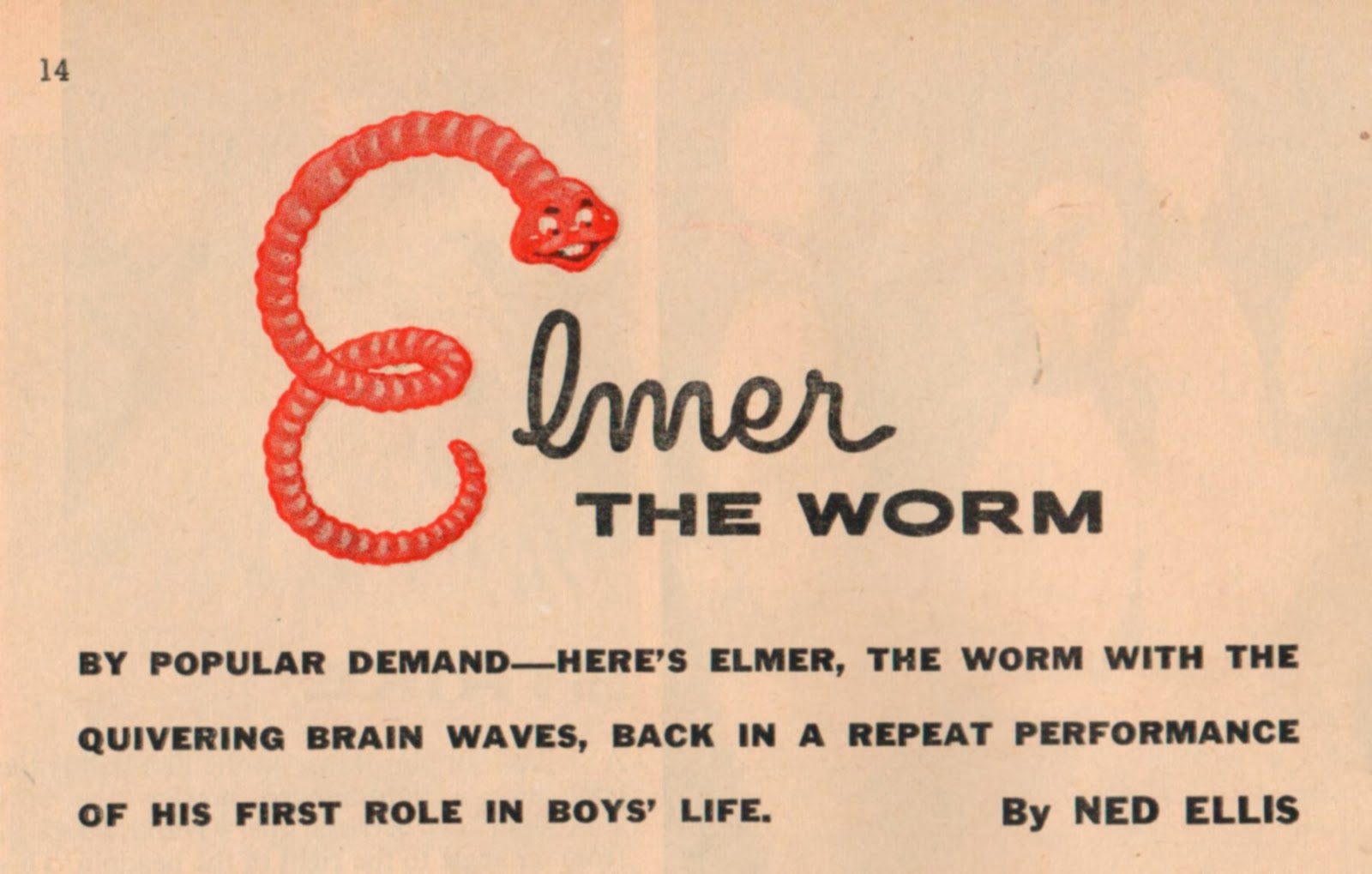We had brought some of our actual
refrigerator goop to show the visitors and the judges, but we had to keep it in
a picnic cooler, sitting on a layer of ice. Foolishly, we’d left it there,
unattended on our display table, between the end of school and the evening
event, and when I looked in it, I noticed immediately that some of the
especially gross goop was gone. I decided not to tell Gil—he was already worn
out and worried. He didn’t need one more thing.
As I was arranging our table that
evening, Eddie Peacock drifted over.
“Getting ready?” he asked.
“Obviously.”
“Anything missing?”
On his face was a look so obviously
guilty that I almost laughed.
“Why would there be?” I asked.
“Oh, I don’t know,” he said. “Maybe
somebody wanted to play a little joke.”
“Maybe somebody with a bird’s name.”
I smiled, showing lots of teeth.
“How did you know?” He looked horribly disappointed.
“Oh, it took me the longest time to
figure it out,” I said.
“No one’s going to blame me, though,” he said.
“And why not?”
And he answered with a string of
questions that weren’t questions. “Because I, you know, took some of your goop?
And maybe I’ll put it on some other kids’ projects later? And they’ll know that goop is yours? So they’ll
blame you? And you won’t get to go to
see the Falls?” His smile displayed two jagged rows of yellow corn.
I almost laughed again. Sabotage at
a Science Fair! Sounded like an idea for a children’s book.
“We’ll see, Eddie. We’ll see.” And
I turned my back to him to finish getting ready for the flow of parents and
family.
The hour-long evening “viewing”
went quickly, and then we were all sitting in the auditorium with our parents,
listening to the short speeches, waiting for the news. I looked over toward
Harriet. Eddie was not sitting with her. Gee,
I thought, I wonder what he’s
doing?
The principal spoke first—and
praised all the students for their efforts, comparing this year’s “great fair”
to last year’s “dismal performance.” Parents clapped. He added some comment
about how “not everyone can be a winner,” and the parents clapped at that,
too—although many of them would not be clapping after they announced the winners.
The principal turned it over to Mr.
Gisborne, who seemed very, very nervous about what he had to do.
“I’ve never talked to a crowd this
large,” he said awkwardly. “Usually it’s just a bunch of sweaty guys in the
locker room. You know, at half-time. Of a football game or something.”
The audience laughed.
“But, anyway, here’s what you’ve
been waiting for … the results of the judging.” He looked out over the crowd. “I
just want to say that all the judges’ decisions are final and that no one here
at Franconia Middle School was a judge … so you can’t blame us.”
Nervous laughter from the crowd.
And then he did something really
cruel, I thought: He read aloud of the names of kids who had not received Superiors. The lowest
ranking was Good, then Excellent, then Superior. He actually stood there and read all the
names of the kids who got Good and Excellent—in other words, the names of just
about the entire student body.
As he read, stumbling over every
name that wasn’t
Smith or
Jones, there was lots of groaning from
disappointed kids and their parents, and many of them just got up and left as
soon as they heard the bad news. One family kicked and elbowed its way down our
row, stepping on feet, bumping into knees. I looked at the father as he passed
me. His face was dark with anger. The mother’s face, if possible, was even
darker. The kid—a popular boy named Tommy Hogg
[i]—had
tears in his eyes and was saying, over and over and over again: “It’s not fair!
It’s not
fair!”
As soon as they were by us, I
looked over at Harriet and saw that Eddie Peacock had returned. He flashed his
yellow fangs at me again. I smothered another laugh … a peacock with fangs!
By the time the last Excellent certificate
was announced, the once-crowded auditorium was only about one-fourth full.
“And now,” said Mr. Gisborne, “the
names of the students who got a Superior—and will be going on the trip to
Niagara Falls.”
Well, at that moment there was all
kinds of cheering, foot-stomping, whistling, and shouting, for all of us
knew—all of us who were left—that we were the winners. Regardless, Mr.
Gisborne slowly read the names, although not many of us could actually hear
them. We were all marching down to the gym floor and forming a line with our
parents. Mr. Gisborne never looked up.
I glanced down the row and spotted
Harriet: A huge silly smile separated her face into two happy halves.
I felt a hand on my shoulder. I
turned around to see Gil. Tears were streaming down his ghost-white cheeks. And
for the first time, I saw what must have been his mother and father. They were
as short as Gil, and—if you can imagine—they both looked just like him.
Triplets, separated by decades and gender. If anything, they were crying even
harder than Gil. And I knew why.
“We did it!” Gil said in a breaking
voice. “We did it!”
“We did it,” I repeated quietly.
“And I’m going to get to see the
falls,” he went on. “I’m really going to get to see Niagara Falls.”
“Just don’t get so happy that you fall
in,” I joked.
I couldn’t hear Gil’s reply because
Mr. Gisborne was trying to call the crowd—what was left to it—back to order. “People!”
he was shouting into the microphone, his “P” making a popping sound in the
amplifier. “People!” The noise diminished a little. “I have one more
announcement here.” He waited another moment, then must have figured it would
never get more quiet that it was right then, and began to speak:
“We have one final prize,” he
declared, “the Best of the Fair award. The one project that stood out above all
the others. And the winner is …” He tore open an envelope, just as they do the
night of the Academy Awards. “I should say, ‘The winners are’ … Gil Bysshe and
Vickie Stone. Their project …”
I was so happy for Gil that I
nearly started crying myself. Father and I and Gil and his parents moved toward
the microphone to get the award. “I’m so proud of you, Vickie,” Father was
saying. When we reached the podium, he hugged me hard. He released me and
turned to Gil. “And you must be Gil?” he asked, as if he didn’t know. “And
these are your parents?”
“Yes.”
Father stuck out his hand.
“Congratulations, young man,” he said. “You must be very proud of yourself.” He
looked at Gil’s parents. “And you must be so proud of your son.” But they were
too emotional even to reply. Again, watching them, I had the eerie sensation of
looking at three crying Gils.
Gil shook his hand briefly, blushed
a fiery red, and decided, I guess, that right then was a great time to stare at
the auditorium floor.
And Mr. Gisborne was saying,
“Congratulations to both of you—and to your parents.
But no sooner had those words erupted
from the microphone than a little sixth-grade girl sprinted into the gym, ran
right up to me, pointed right in my face, and cried aloud:
“Her
homework ate my dog!”
[i]
Thomas Jefferson Hogg (1792–1862) was a college classmate and friend of Percy
Bysshe Shelley, Mary’s husband. He published a biography of Bysshe in 1858.


























